

Lord William
Wyndham Grenville,
was the first holder of Baron
of Grenville's title, in Quebec

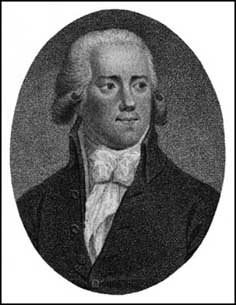
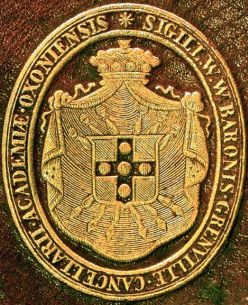
William
Wyndham Grenville was born on the 24th of October 1759
in Wotton House, Buckinghamshire.
Wotton House is Lord Grenville’s family home
He was the
third son and sixth of nine children born to
George Grenville and Elizabeth Wyndham.
William Wyndham Grenville was first educated at Eton College.
Eton College – Click here to enlarge the picture – PDF
Eton College – Click here to enlarge the picture – PDF
William
Wyndham Grenville then studied
at Christ Church College in Oxford.
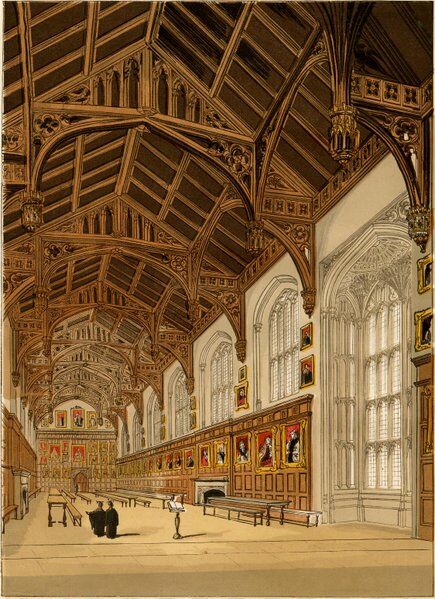
Hall of Christ Church College, Oxford
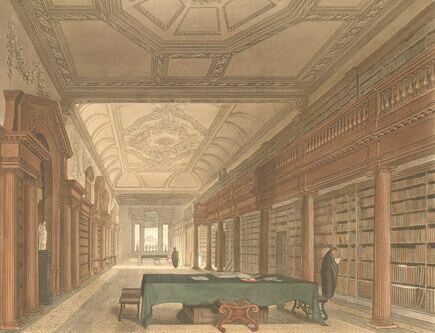
Library of Christ Church College, Oxford
Having won the Chancellor’s Prize for Latin verse in 1779, he graduated in 1780.
William
Wyndham Grenville was an academically gifted student with a keen
interest
in and a wide knowledge of classical literature.
William
Wyndham Grenville entered Parliament in 1782
as a member for the borough of Buckingham.
He continued to represent the Electoral College until he was raised to the peerage in 1790.
In 1792, he
married Anne Pitt,
who was the daughter of Thomas Pitt, First Baron Camelford.
Click here to enlarge the picture - PDF
William
Wyndham Grenville continually held ministerial office
during his parliamentary career.
He was given office as Chief Secretary for Ireland between August 1782 and May 1783.
William Wyndham Grenville was Paymaster General between December 1783 and March 1784.
In 1789, at
the age of 30, he was made Home Secretary,
and shortly after, Speaker of the House of Commons.
In 1790 he was created 1st Baron Grenville and led the House of Lords.
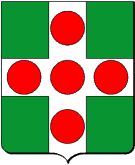
In 1791, he was appointed Foreign Secretary.
William Wyndham Grenville then served as Prime Minister from February 1806 to March 1807.
When the
French Revolution broke out, Grenville recommended
Britain’s neutrality as the best means of avoiding conflict.
However, when France declared war on Britain,
on the 1st of February 1793, Grenville supported
the first coalition of European powers.
Meanwhile, he implemented a very repressive domestic legislation
(he suspended Habeas Corpus in 1794) in order to maintain law and
order in Britain.
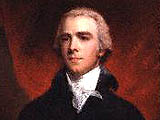
William
Wyndham Grenville, together with his Minister of Foreign Affairs,
Charles Fox, were strong opponents of the slave trade.
Grenville and
Fox opposed the slave trade in almost all the parliamentary
debates, ever since the issue was dealt with for the very first
time
in the House of Commons in 1789.
William
Wyndham Grenville then decided to put an end to the British
involvement
in the slave trade (the Abolition of Slavery Act of May 1807
will be his most significant achievement).
Lord Grenville then took an interest in Catholic Emancipation.
However, the
death of Charles Fox in September 1806
greatly weakened Lord Grenville’s government.
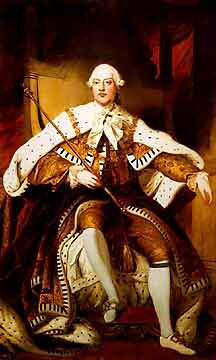
King George III
When King
George III rejected Lord Grenville’s attempt to put an end
to the restrictions
on Catholics in March 1807, William Wyndham Grenville resigned.
Although he was many times requested to do so,
Lord Grenville never returned to power.
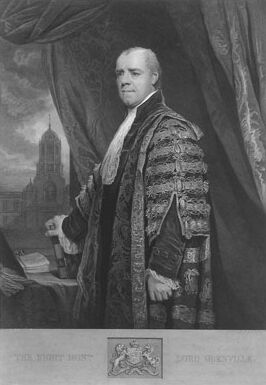
However, he continued to campaign against
slavery.
Lord Grenville’s political career ended in
1823 after he suffered several strokes.
William
Wyndham Grenville also was the
Chancellor of Oxford
University from
1810 to 1834.

Oxford
University – Click here to enlarge
the engraving - PDF
Lord Grenville
died on the 12th of January 1834
at Dropmore Lodge, Burnham, Buckinghamshire.

![]() Today's Baron of
Grenville
Today's Baron of
Grenville
The present heir of the ancestral title
of Baron of Grenville in quebec
is Alain Chebroux, also Count of Argenteuil and Seignior of Argenteuil.


Acknowledgements:
some pieces of information mentioned above were given
by
His Imperial Highness Prince Normand, and by the Prefect of the
MRC of Argenteuil.
Translated by Mrs Christel Fleurance-Klauss

© Alain Chebroux, Baron of Grenville : www.baron-grenville.com
© Baron Alain Chebroux of Grenville. The Barony :
www.grenville.info